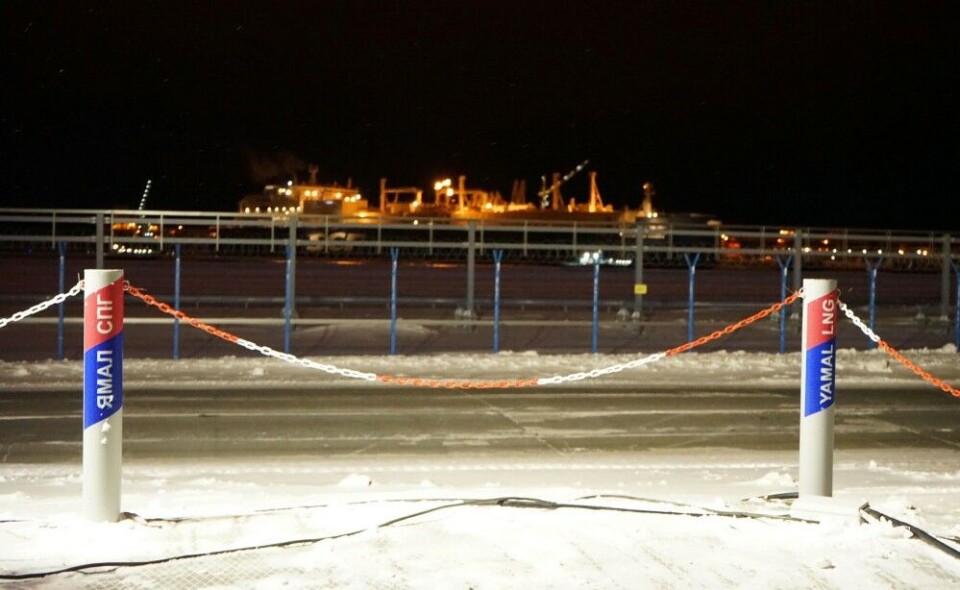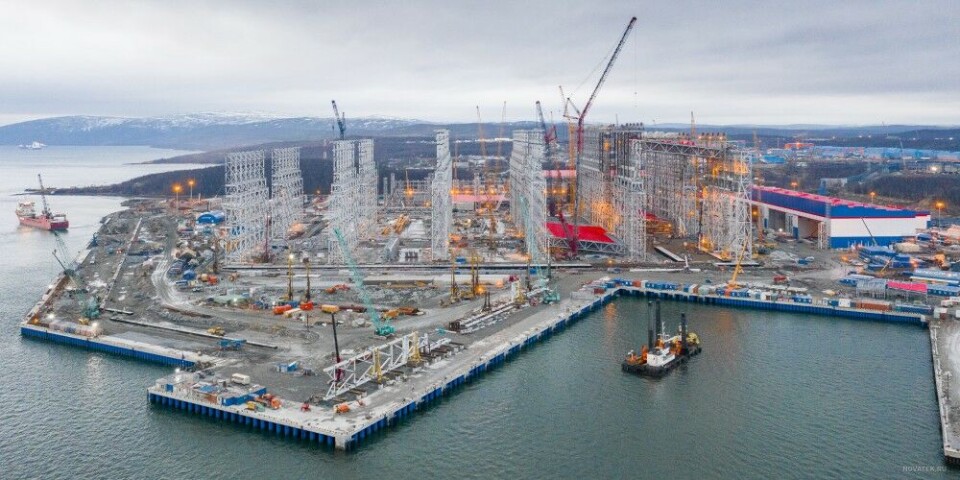
New sanctions deal fatal blow to Russia's Arctic LNG
Russia intended to become world leader in liquefied natural gas. The war against Ukraine has torpedoed plans.
The EU’s fifth round of sanctions against Russia following the its attack on Ukraine will hit hard on the country’s energy industry.
Among the points in the restrictive measures is an export ban on goods such as quantum computers and advanced semiconductors, high-end electronics, software, sensitive machinery and transportation equipment.
Included in the sanctions is also an import ban on coal.
According to High Representative for Foreign Affairs and Security Policy Josep Borrell, the sanctions follow the atrocities committed by Russian armed forces in Bucha and other places under Russian occupation. “The aim of our sanctions is to stop the reckless, inhuman and aggressive behaviour of the Russian troops and make clear to the decision makers in the Kremlin that their illegal aggression comes at a heavy cost,” Borell says in a statement.
Among the technology and equipment that will be hit by the new sanctions are heat-exchanging units, a key component in LNG plants.
Novatek and Gazprom, Russia’s two biggest natural gas companies, are fully dependent on western technology and will hardly be able to make it without heat-exchanging units and other equipment manufactured abroad.
Novatek is applying technology from German company Linde in its Arctic LNG 2, the grand project now unfolding on the eastern banks of the Ob Bay.
According to the EU regulations, the ban includes also equipment that already has been contracted and paid for. Western manufacturers will now have to ship goods contracted before 26th of February to Russia no later than 27th of May, newspaper Kommersant reports.
The export ban could ultimately include also turbines and other key equipment needed in LNG projects.
Russia has made attempts to develop domestic technology. However, Novatek’s Arctic Cascade technology has not been a success and the company in early 2022 announced that future projects will all be built with western tech.
Novatek is now about to complete the first train of the Arctic LNG 2. According to CEO of Total Patrick Pouyanné, the first of three project platforms is 95 percent completed.
The second platform is 40 percent completed, while the construction of the third has not yet started, Kommersant reports. Each of the trains will have an annual production capacity of 6,6 million tons.
The platforms are built at the Kola Yard near Murmansk and will be towed to the production site in Gydan in 2023.

The French company owns 10 percent of the Arctic LNG 2. It also controls a 20 percent stake in the Yamal LNG.
Russia has had great plans for its LNG industry. By year 2035, the country is to become the world’s biggest producer with at least 140 million tons per year. According to the Russian Arctic Strategy from 2020, a total of 91 million tons of it will be produced in the Arctic.
Now, Novatek will hardly be able to complete more than the first train of the Arctic LNG 2. Ultimately, it could also run into troubles when acquiring needed spare parts for its Yamal LNG, the project that came into production in late 2017.
Similarly, the sanctions are likely to hit also the Kola Yard outside Murmansk, the place for construction of project gravity platforms. Also the building of ice-class tankers for the project will he affected.
In a statement, German company Linde says it “condemns the invasion of Ukraine and is deeply concerned about the resulting humanitarian crisis.” The industrial gas company has already suspended all its business development activities in Russia.
It now also says that it is “committed to scaling back its operations by ceasing supply to certain customers and divesting industrial assets to reduce its footprint in the country.”
With the halt in LNG projects, Russia will neither be able to meet its ambitious targets for the Northern Sea Route. According to the country’s Arctic Strategy, a total of 130 million tons of goods are to be shipped annually on the route by 2035. And by 2024, the volume is to constitute at least 80 million tons.

















